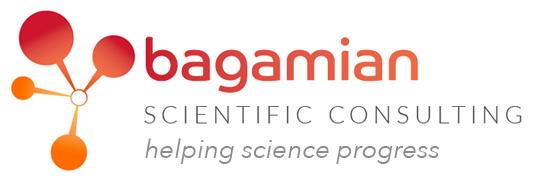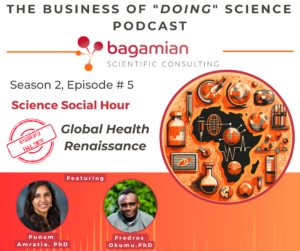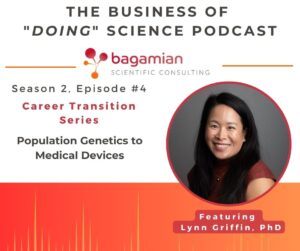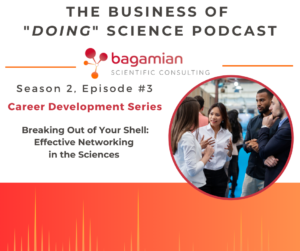Cohosts: Karoun H. Bagamian, Lindsey Laytner, Heidi Bolduc
Special guest cohost: Amanda Brinton
For a full transcript of this episode, click here.
To listen to this episode on Spotify, click here.
To listen to this episode on Apple Podcasts, click here.
Meet our guest
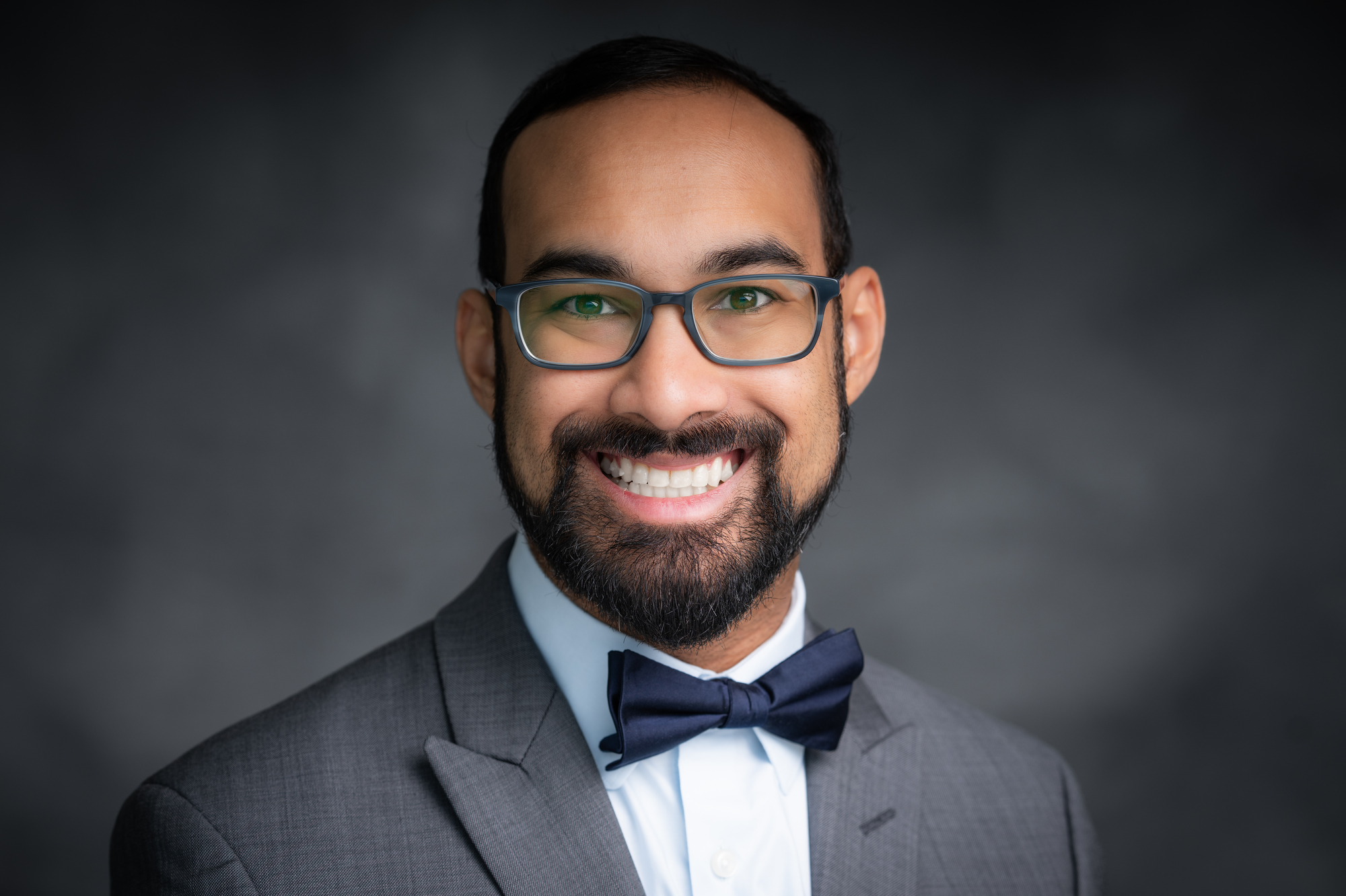
Sazid Khan, PhD, MPH, is a public health research analyst in the Substance Use Prevention, Evaluation, and Research Program at RTI International. Before joining RTI, he was the State Epidemiologist at the South Carolina Department of Alcohol and Other Drug Abuse Services (DAODAS), where he chaired a number of data-involved statewide coalitions focused on substance use.
Sazid has training and experience in data analysis and reporting; program evaluation; utilization of geographic information systems (GIS); data visualization; technical assistance (TA) to an array of stakeholders; project management; and survey development, coordination, and analysis. He has published in peer-reviewed journals and contributed as a peer reviewer in several academic journals, including the Annals of Epidemiology and AIDS and Behavior.
If you would like to connect with Sazid, he can be reached through his LinkedIn: http://www.linkedin.com/in/sazid-khan-phd
UPDATE: Since this episode was recorded, Dr. Khan has been promoted to program manager at RTI. Congratulations on the promotion. Sazid!
